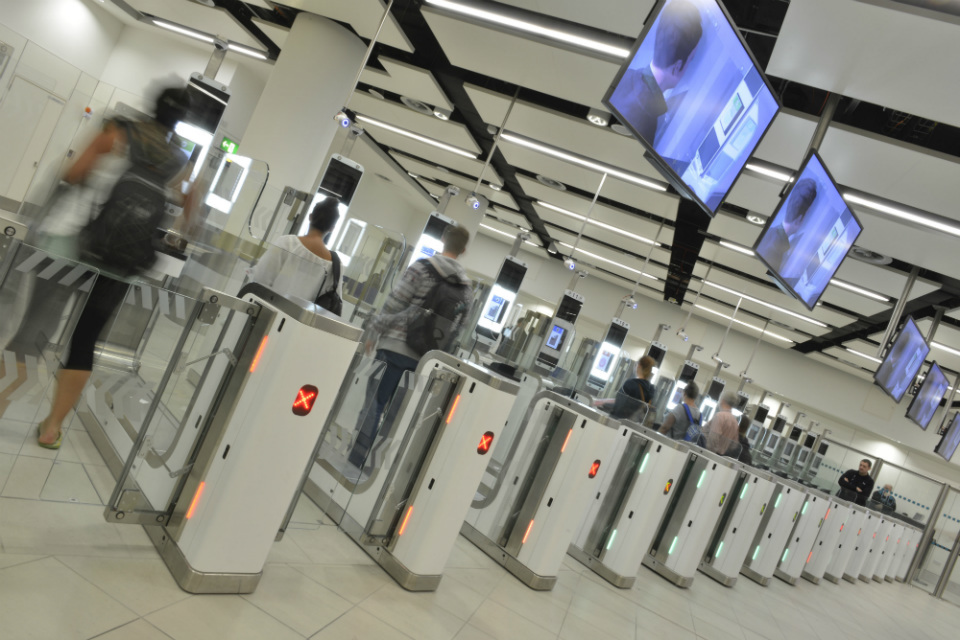Initiative to allow commercial sector representatives to spend time on loan to departments will be complemented by apprenticeship scheme that will bring 500 new DDaT specialists into the civil service
Employees from the tech market’s biggest players will be encouraged to spend time in government via a new secondment scheme that ministers hope will increase digital skills and reduce departments’ reliance on contractors.
A pilot of a secondment programme dedicated to digital, data and technology roles – and developed by government’s Central Digital and Data Office – will launch this autumn, the Cabinet Office announced today. Plans are already afoot to launch similar initiatives in areas such as science and engineering in due course.
The DDaT scheme will focus on recruiting secondees from major tech companies and the digital operations of FTSE 100 business, with the aim of allowing tech experts employed by such firms to spend time embedded in government agencies. The programme could also provide civil servants with the chance to join businesses on loan.
Announcing the initiative at an event held in London this afternoon by the Policy Exchange think tank, Cabinet Office minister Jeremy Quin (pictured above) said: “I know there are people in the leading tech firms in the country that want to help with the biggest challenges we face. We are creating a pathway for them to join on secondment.”
Related content
- Cabinet Office considers options for talented interns after suspension of government graduate scheme
- Government seeks national technology adviser
- Government leaders of the future will need digital and data expertise, says head of Fast Stream
PublicTechnology asked the minister how arrivals from the private sector would build on and complement the expertise of a civil-service DDaT workforce whose headcount already comprises 27,000 people – and growing.
“The way the world is going, the more we have – the better,” he replied. “We have a lot of [DDaT professionals] but – if you look at the percentage of our colleagues in the civil service that have digital skills, and compare that to the best-in-class in the private sector – we need to do more. The [secondment] plan speaks to our determination to build these digital skills in the civil service.”
Quin added: “I know we have a lot of good colleagues, but this is such a fast-moving world that to have people coming in on a secondment basis means they have more to add – and it means they are part of the team. We also spend a huge amount of money on contractors and, while secondees are not fully-fledged civil servants, they [will be] part of the team. And – who knows? – 10 or 20 years later, they may want to come back.”
The minister said that the both the existing DDaT pay framework and the specifications of the pilot will “offer an ability to be flexible” on salaries for secondees, but added that “I see a huge opportunity for firms to second people on their own pay bill” – with some form of recharge arrangement with government.
Quin also revealed that another 500 people are set to join the civil-service DDaT ranks by the end of the current financial year via a “cross-government digital apprenticeship programme” to be rolled out shortly.
This scheme would make good on commitments recently made by other ministers to reverse a decline that, in 2022, saw the number of DDaT apprentices employed across departments fall by a fifth to 637.
In answer to a recent parliamentary question Alex Burghart, one of Quin’s ministerial colleagues in the Cabinet Office, said: “Apprentices are a core part of our thriving digital community, as are graduates and interns, and we are committed to ensuring that the trend in reduction of apprentices is reversed… The Central Digital and Data Office are currently working with departments and commercial teams to address some of the barriers to fully utilising the apprentice levy in government, including through increasing supplier choice.”




